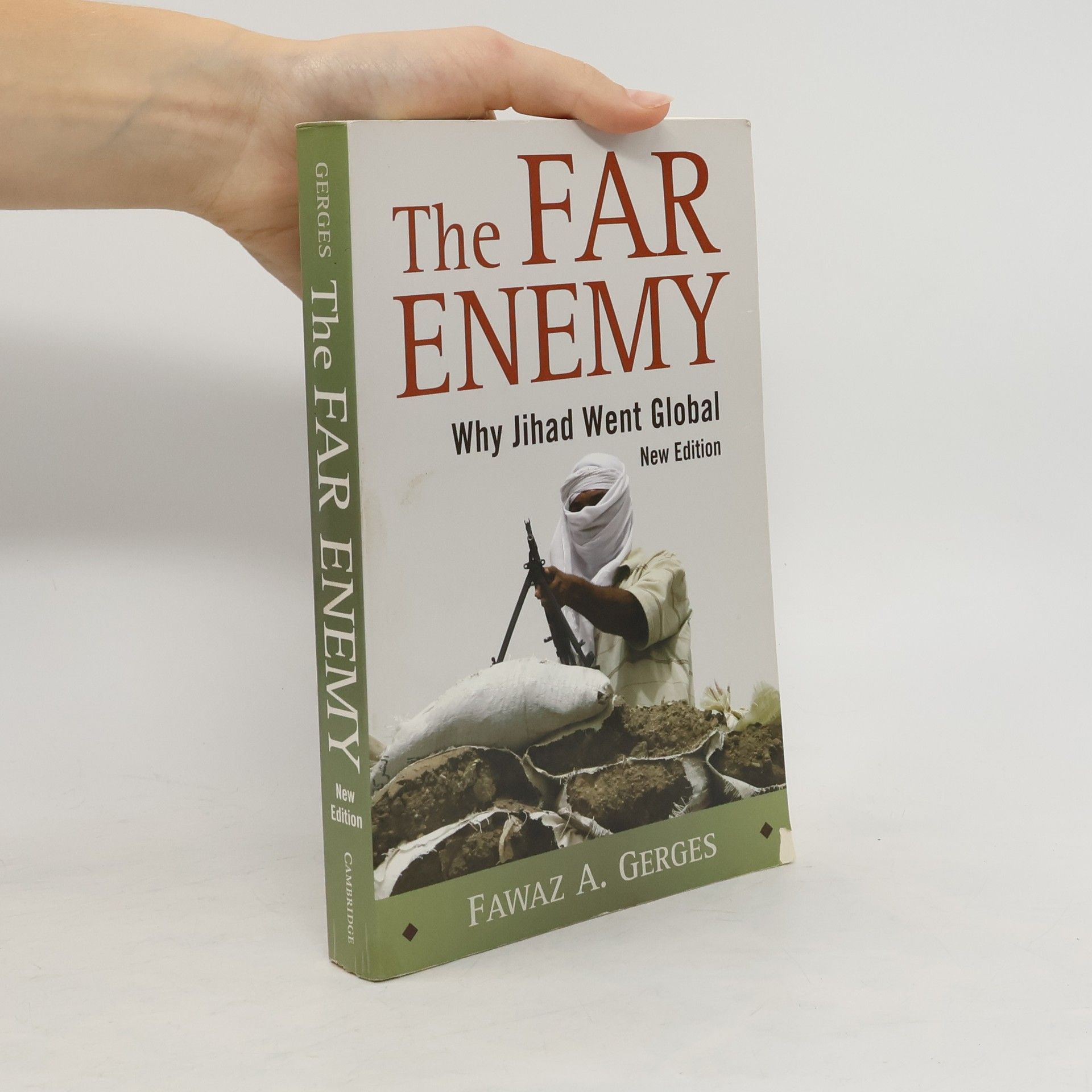ISIS
- 416pages
- 15 heures de lecture
"The Islamic State has stunned the world with its savagery, destructiveness, and military and recruiting successes. What explains the rise of ISIS, and what does it portend for the future of the Middle East? In this book, one of the world's leading authorities on political Islam and jihadism sheds new light on these questions. Moving beyond journalistic accounts, Fawaz Gerges provides a clear and compelling explanation of the deeper conditions that fuel ISIS. This unique history shows how decades of dictatorship, poverty, and rising sectarianism in the Middle East, exacerbated by foreign intervention, led to the rise and growth of ISIS--and why addressing those problems is the only way to ensure its end. An authoritative introduction to arguably the most important conflict in the world today, this is an essential book for anyone seeking a deeper understanding of the social turmoil and political violence ravaging the Arab-Islamic world." -- Amazon.com






